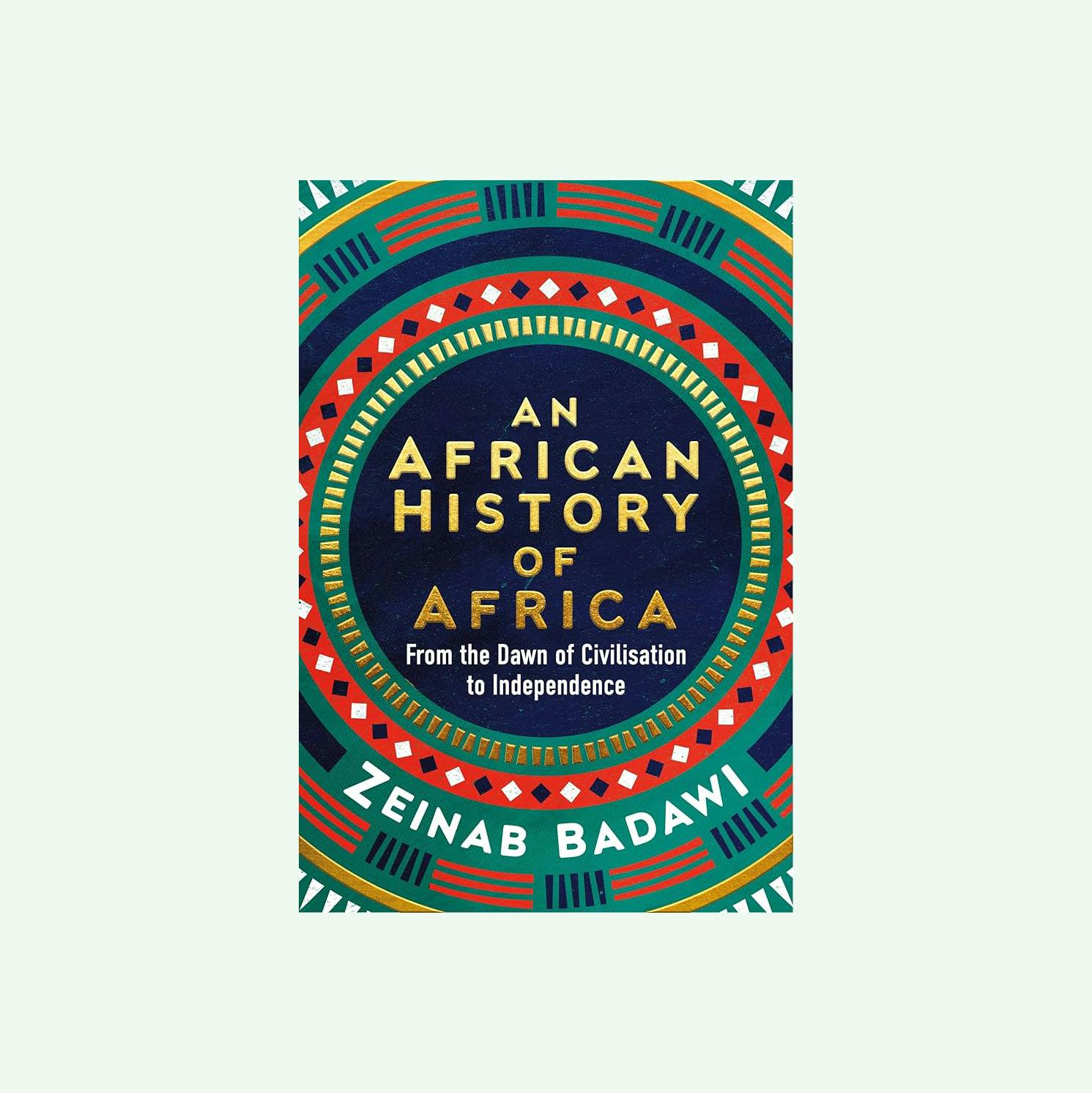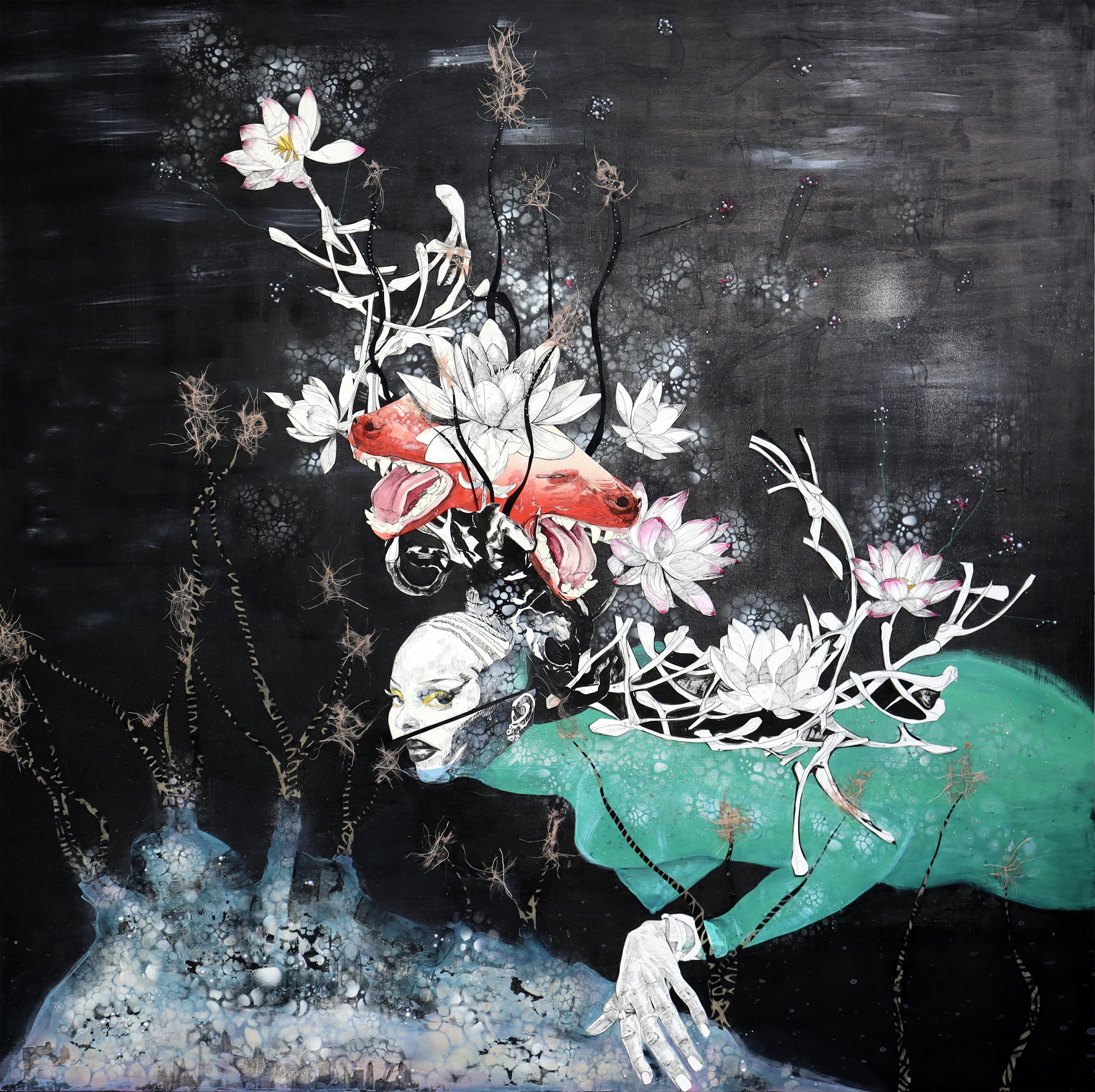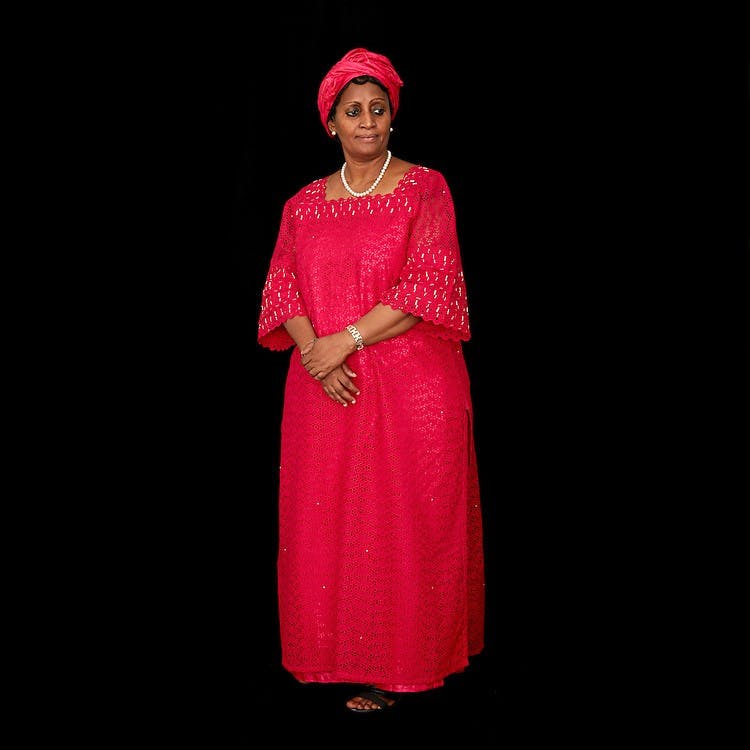Book review: Zeinab Badawi’s An African History of Africa
While Badawi covers mostly familiar ground in this tome on Africa’s history, this book’s greatest success comes from having it all in one place and in a style that is accessible to the general reader, writes Jacqueline Nyati.

Bulawayo, Zimbabwe’s second largest city, nestles in the dry south-west. I grew up there surrounded by traces of its colonial history: gridded streets wide enough to allow wagons drawn by sixteen oxen to turn around, the statue of arch-coloniser Cecil John Rhodes on Main Street (erected in 1904 and removed to a museum in 1981, after independence the year before), and Victorian-style architecture like the Exchange Buildings, formerly home to the country’s stock exchange, at whose bar Rhodes—the man after whom the country was named up to 1980—used to drink. But the region’s history stretches much further back, as Sudanese-British journalist Zeinab Badawi reminds us in her new book, An African History of Africa, past even the time of the city of Great Zimbabwe, a sprawling dry-stone complex three hours east of Bulawayo that was once a centre of mining, trade, and culture in the area.
While the site of the city was home to successive civilisations since at least the sixth century, the stone buildings from which Great Zimbabwe—or “houses of stone”, roughly translated—derives its name were built between the eleventh and fourteenth centuries. The city appears just over halfway into the book. Citing Zimbabwean historian Ngwabi Bhebe, who guided her through the city’s ruins, Badawi writes that constant patterns of migration make it difficult to identify Great Zimbabwe’s construction with any one particular ethnic group. Badawi also recounts colonial attempts to destroy, rewrite, or censor the city’s precolonial history, attributing its construction to Phoenicians rather than local inhabitants. Nonetheless, the city is today a World Heritage Site and stands in testimony against this propaganda.
I first visited Great Zimbabwe when I was in high school and remember sharing Badawi’s sense of awe at the still-forbidding walls and feeling winded by the demanding climb up to the Hill Complex, the oldest part of the construction. After winning independence from British colonial rule, the country’s new leaders weaved Great Zimbabwe into national mythology and identity. The site’s distinctive conical tower, thought to have been a granary, has appeared on the country’s currencies and the soapstone bird sculptures found at the site served as inspiration for the national emblem that adorns the flag. Although Zimbabwe has many historical sites—including, even, where Rhodes was buried at Matobo Hills, near Bulawayo—Great Zimbabwe holds a special place in the country’s idea of itself.
An African History of Africa owes its existence to the foundations laid by UNESCO’s General History of Africa project launched in 1964 “to cover the history of the entire African continent, since the appearance of human beings to contemporary challenges faced by Africans and their Diasporas in the world”. Badawi thus opens with an account of humanity’s origins on the continent. “Everyone is originally from Africa,” she writes. She laments how little of the continent’s ancient and modern history is known to the world, explaining how she’d longed for a comprehensive, yet accessible history written by Africans themselves, until she had the opportunity to write one. In the form of a travelogue, An African History of Africa recounts the author’s journeys over seven years and across thirty countries, including Zimbabwe, “in pursuit of a first-hand experience of Africa’s history from the perspective of Africans”.
The book follows a roughly chronological arc, from ancient Egypt’s three kingdoms—the Old (3000–2200 BCE), Middle (2030–1650 BCE), and New (1520–1075 BCE)—through the reign of the Mali kingdom’s Mansa Musa (1280–1332), reputed to be the richest man to have ever lived, and concluding with more recent African civilisations as the Asante, Zulu and Kongo. Like the newer volumes of the UNESCO project the book relies on, An African History of Africa does not present the African civilisations it covers as discrete entities but, rather, emphasises the complex interactions, connections, and exchanges of resources, technologies, culture, and people (some enslaved) between each and the world beyond. Throughout, Badawi relies on expert African scholars, officials, and locals to guide her through the extraordinary histories she recounts such as that of Great Zimbabwe.
Upon completing the book, I was reminded of V. Y. Mudimbe, the Congolese author, philosopher, and professor, who argued in The Invention of Africa that scholarly knowledge of Africa is based on the accounts of a few early European travellers who presented their accounts as the whole sum of possible knowledge about a continent that covers over thirty million square kilometres. Badawi’s book goes a long way towards not only telling the continent’s dynamic and diverse history from the perspective of Africans, but also making it more accessible to a wider audience. Dense, expansive and layered with details, the book is a worthy attempt to push back against the ahistorical view that precolonial Africa was a place without history, civilisation, people, and knowledge.






